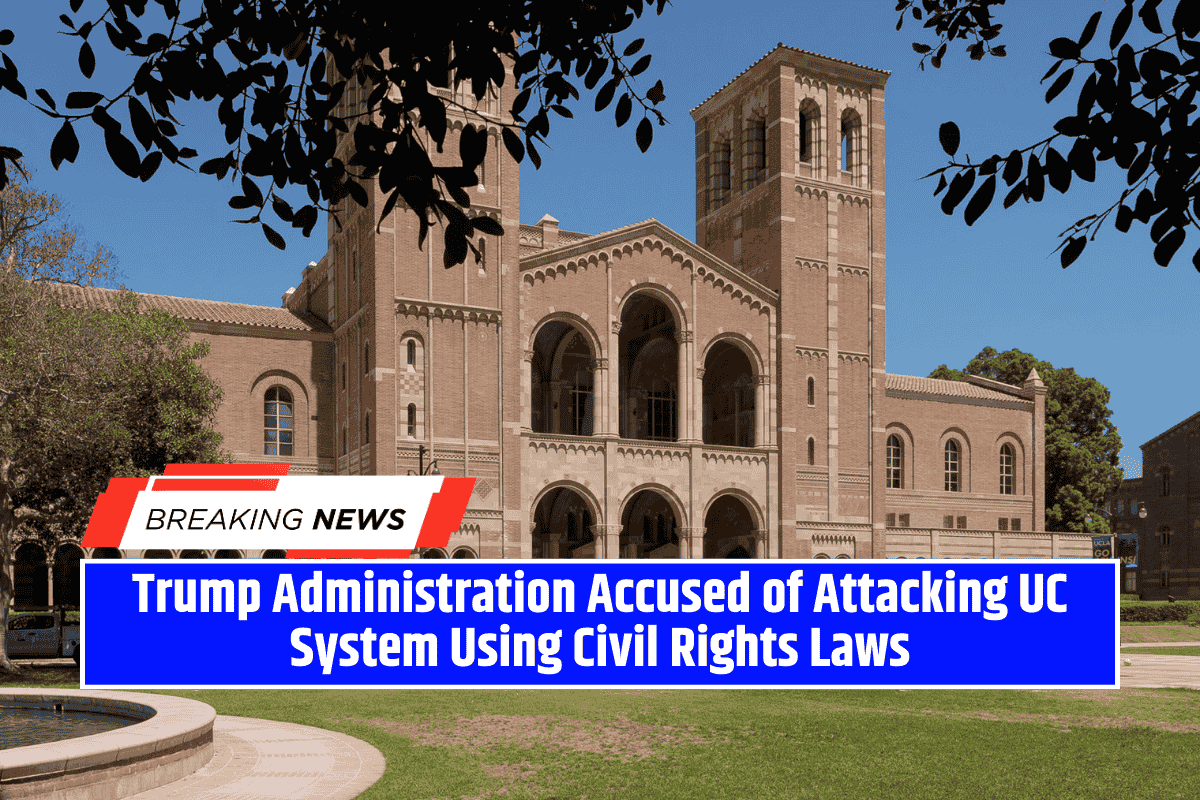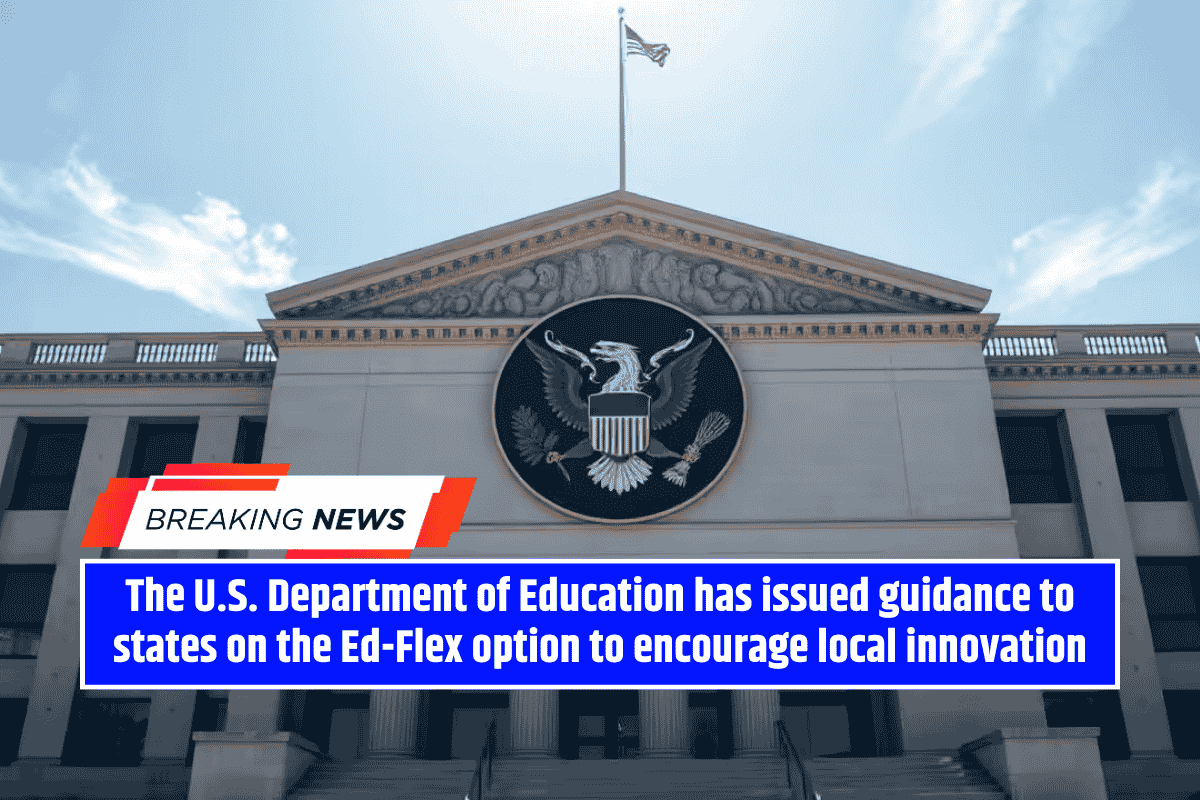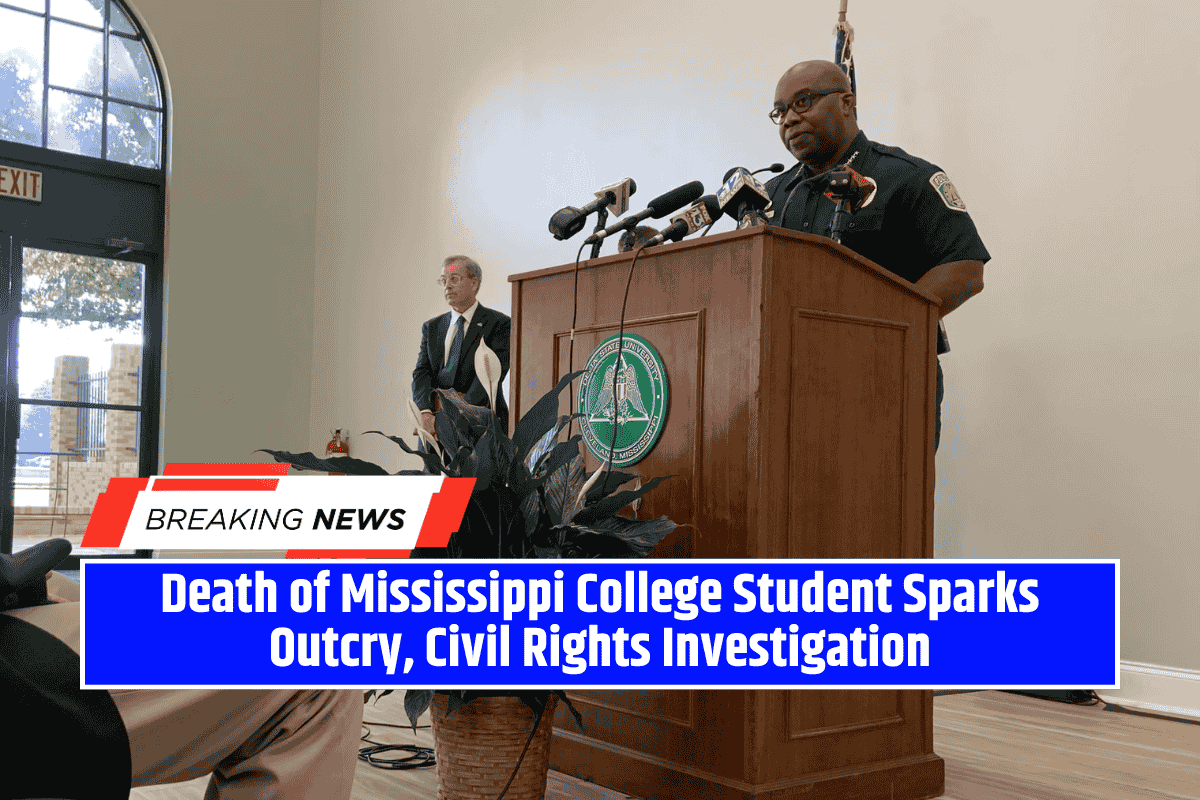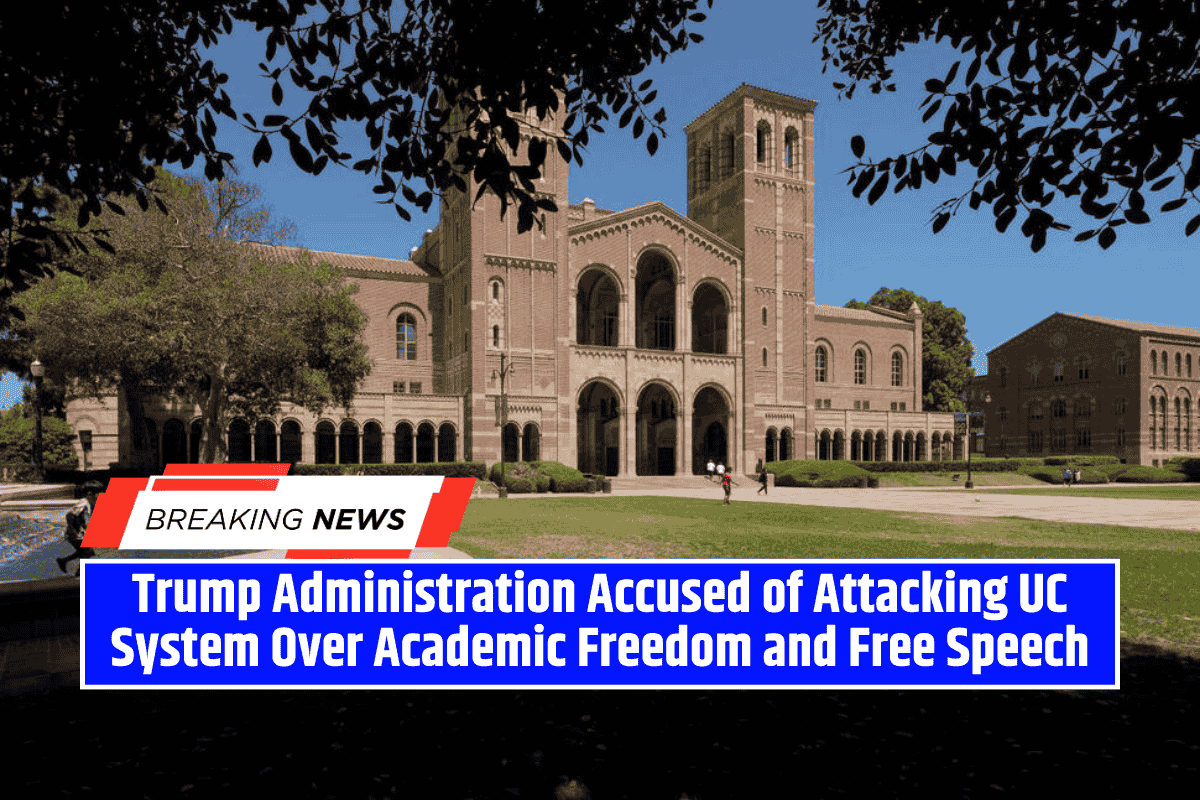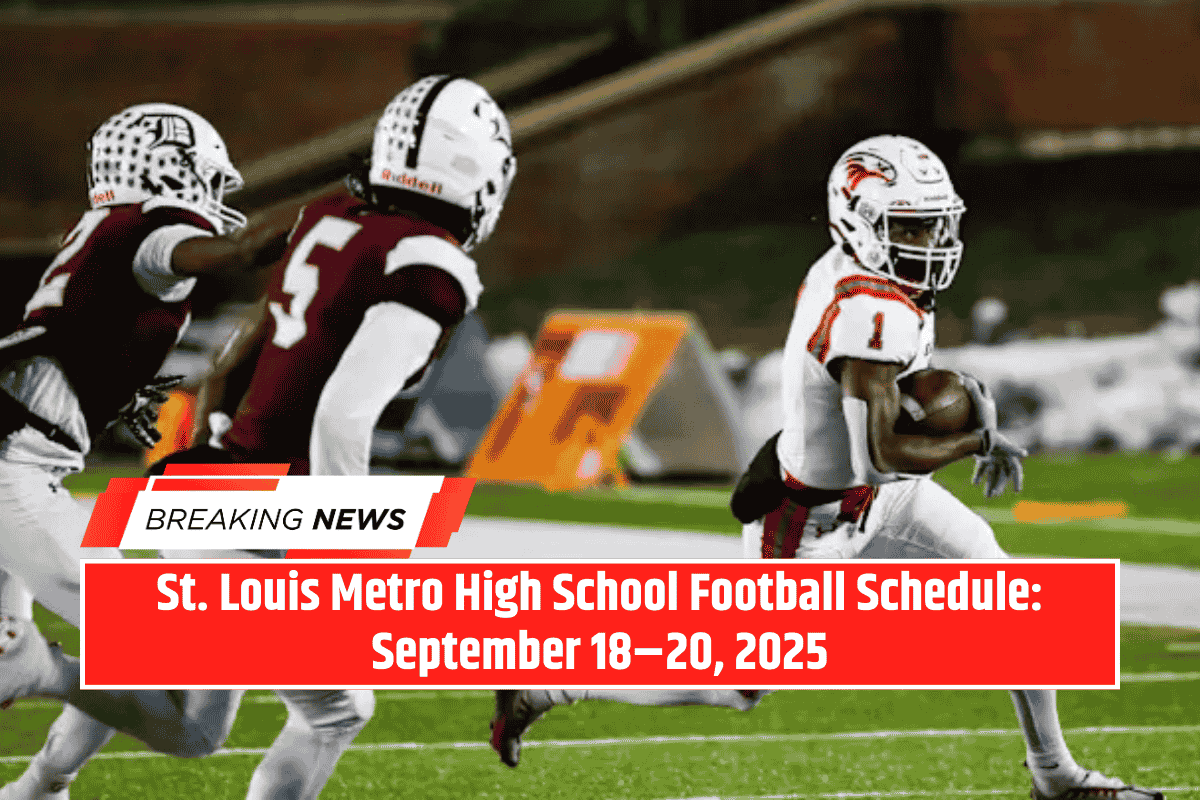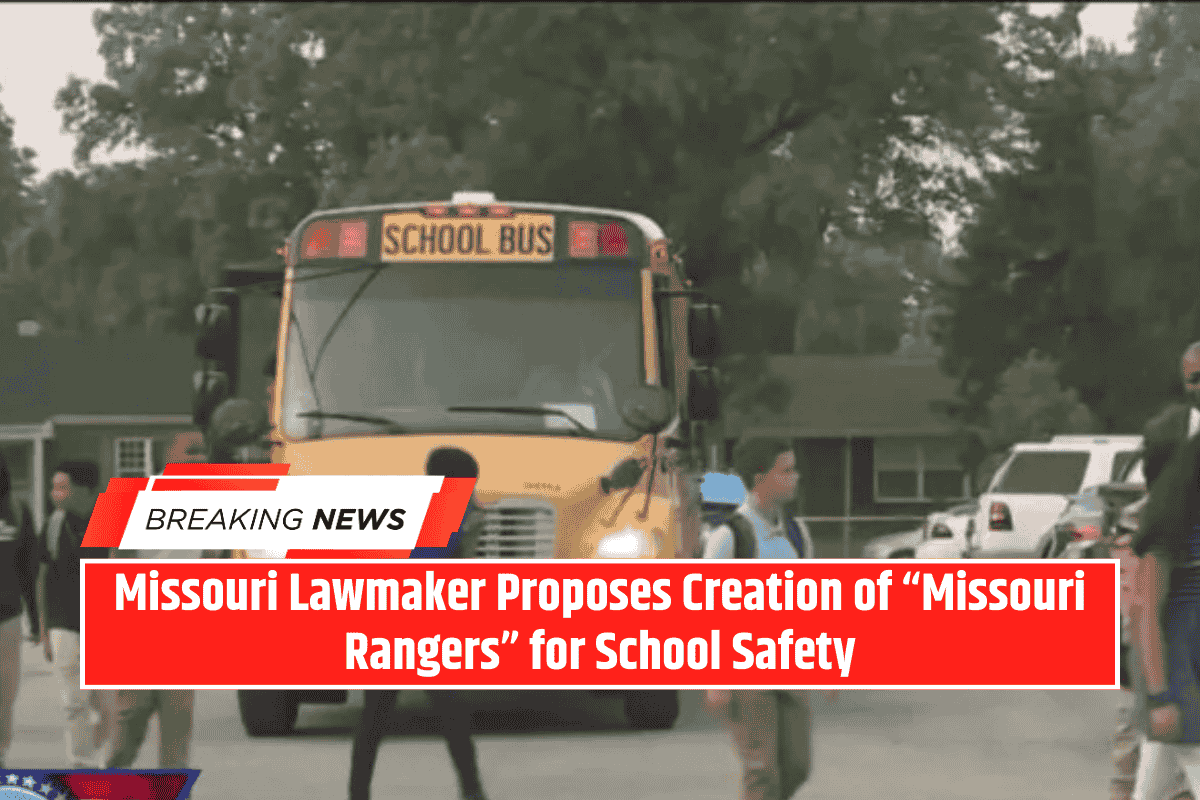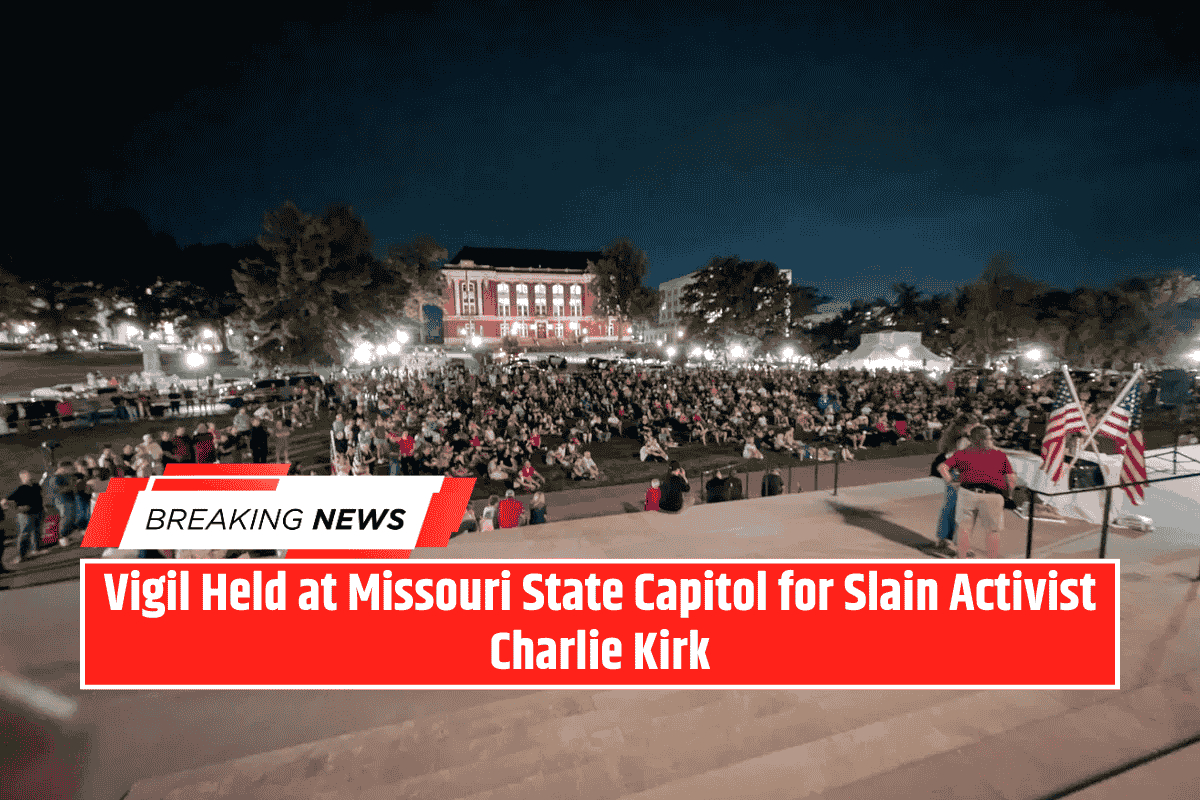In a bold legal move, faculty, staff, students, and labour unions from the University of California (UC) have filed a lawsuit accusing the Trump administration of misusing civil rights laws to suppress academic freedom and free speech.
The case, filed in federal court, argues that the federal government is using funding threats to force universities into following policies that go against their values.
Why the Lawsuit Was Filed
The legal action comes after the Trump administration fined UCLA $1.2 billion and froze its research funding. The reason? Alleged civil rights violations, including claims that the university allowed antisemitism on campus.
UCLA became the first public university to face such a massive funding freeze, and similar actions have also targeted elite private institutions like Harvard, Columbia, and Brown.
The coalition behind the lawsuit says the administration’s actions are politically motivated and aim to pressure colleges to abandon diversity, equity, and inclusion efforts.
What the Trump Administration Demanded
The lawsuit outlines several demands the Trump administration reportedly made in a settlement offer to UCLA. These include:
- Handing over detailed data on faculty, staff, and students
- Sharing admissions and hiring data
- Stopping diversity-based scholarships
- Banning overnight campus protests
- Cooperating with immigration authorities
These terms have raised major concerns about privacy, academic freedom, and student rights.
University Reactions and Concerns
UC President James Milliken called the federal actions one of the biggest threats the university has faced in its 157-year history. He revealed that all 10 UC campuses are now under federal investigation.
The UC system depends heavily on federal support—more than ₹1.4 lakh crore ($17 billion) each year—for research, medical programs, and financial aid.
This funding freeze, if extended, could hurt not just academics and research, but also student aid and public healthcare services that rely on UC campuses.
A Pattern Across Universities
The Trump administration has also used its power over federal funding to target universities it sees as too liberal or biased. Investigations have been launched into diversity and inclusion programs, accusing them of discriminating against white and Asian American students.
For instance, Columbia University was forced to pay over $200 million in a settlement, and had $400 million in research grants reinstated. Now, the administration is using that deal as a model for how other universities should comply.
Role of AAUP and Democracy Forward
The American Association of University Professors (AAUP), a major faculty union, is leading the lawsuit, along with Democracy Forward, a legal advocacy group. They claim that the Trump administration’s actions are unlawful and harm the public interest by cutting off essential research and education funding.
According to the lawsuit, the government is using a heavy-handed approach by suddenly and unfairly ending federal research support. This move could have long-term effects on the quality and independence of higher education in the US.
Impact Beyond Higher Education
This legal battle isn’t limited to universities. The Department of Education’s Office for Civil Rights has launched similar investigations into K-12 school districts, raising wider concerns about federal interference in education across the board.
These actions could reshape how education institutions operate across the US, with potential impacts on admissions, scholarships, and even what can be taught in classrooms.
The University of California lawsuit marks a significant clash between academic institutions and federal power. At its heart is a debate over the limits of government control, the value of academic freedom, and the future of diversity in education.
As this legal fight unfolds, it could set a major precedent for how colleges and schools handle civil rights issues, funding threats, and political pressure. For now, UC and other institutions are standing their ground to protect their values and the rights of their students and staff.
